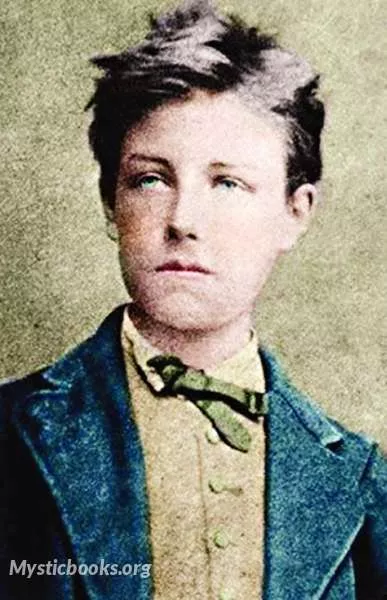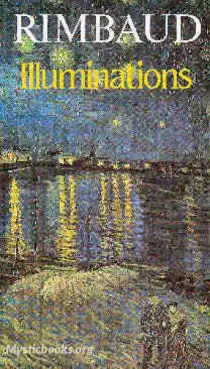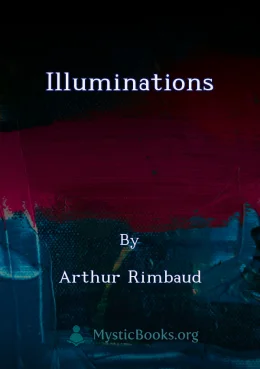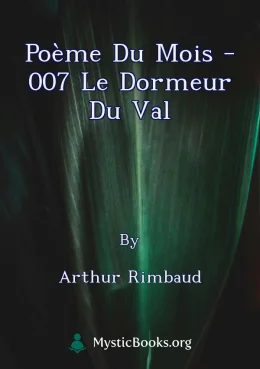
Timeline
Title
Country/Nationality
Arthur Rimbaud
Jean Nicolas Arthur Rimbaud was a French poet known for his transgressive and surreal themes, and his influence on modern literature and arts, prefiguring surrealism. Born in Charleville, he started writing at a very young age and excelled as a student, but abandoned his formal education in his teenage years to run away from home to Paris amidst the Franco-Prussian War. During his late adolescence and early adulthood he produced the bulk of his literary output, then completely stopped writing literature at age 20, after assembling his last major work, Illuminations.
Rimbaud was known to have been a libertine and a restless soul, having engaged in a hectic, at-times-violent romantic relationship with fellow poet Paul Verlaine, which lasted nearly two years. After his retirement, he traveled extensively on three continents as a merchant and explorer, until his death from cancer just after his thirty-seventh birthday. As a poet, Rimbaud is well known for his contributions to symbolism and, among other works, for A Season in Hell, a precursor to modernist literature.
Arthur Rimbaud was born in the provincial town of Charleville (now part of Charleville-Mézières) in the Ardennes department in northeastern France. He was the second child of Frédéric Rimbaud and Marie Catherine Vitalie Rimbaud.
Fearing her children were being over-influenced by the neighbouring children of the poor, Mme Rimbaud moved her family to the Cours d'Orléans in 1862. This was a better neighbourhood, and the boys, now aged nine and eight, who had been taught at home by their mother, were now sent to the Pension Rossat, an old but well regarded school. Throughout the five years that they attended the school, however, their formidable mother still imposed her will upon them, pushing them for scholastic success.
Rimbaud wrote to several famous poets but received either no reply or a disappointing mere acknowledgement (as from Theodore de Banville); so his friend, office employee Charles Auguste Bretagne, advised him to write to Paul Verlaine, a rising poet (and future leader of the Symbolist movement) who had published two well-regarded collections Rimbaud sent Verlaine two letters with several of his poems, including the hypnotic, finally shocking "Le Dormeur du Val" (The Sleeper in the Valley), in which Nature is called upon to comfort an apparently sleeping soldier. Verlaine was intrigued by Rimbaud, and replied, "Come, dear great soul. We await you; we desire you", sending him a one-way ticket to Paris.
Rimbaud and Verlaine soon began a brief and torrid affair. They led a wild, vagabond-like life spiced by absinthe, opium, and hashish. Rimbaud and Verlaine met for the last time in March 1875, in Stuttgart, after Verlaine's release from prison and his conversion to Catholicism. By then Rimbaud had given up literature in favour of a steady, working life.
After a short stay at the family farm in Roche, from 23 July to 23 August, he attempted to travel back to Africa, but on the way his health deteriorated, and he was re-admitted to the Hôpital de la Conception in Marseille. He spent some time there in great pain, attended by his sister Isabelle. He received the last rites from a priest before dying on 10 November 1891, at the age of 37. The remains were sent across France to his home town and he was buried in Charleville-Mézières. On the 100th anniversary of Rimbaud's birth, Thomas Bernhard delivered a memorial lecture on Rimbaud and described his end:
"On November 10, at two o'clock in the afternoon, he was dead," noted his sister Isabelle. The priest, shaken by so much reverence for God, administered the last rites. "I have never seen such strong faith," he said. Thanks to Isabelle, Rimbaud was brought to Charleville and buried in its cemetery with great pomp. He still lies there, next to his sister Vitalie, beneath a simple marble monument.
Books by Arthur Rimbaud

Illuminations (Poésies complètes)
Illuminations include some autobiographical allusions to his voyant (visionary) period, which began in 1869; but Illuminations is neither a confession nor an apology. Its several dozen short prose works and two free-verse poems transcend prose gramma...

Illuminations
Illuminations include some autobiographical allusions to his voyant (visionary) period, which began in 1869; but Illuminations is neither a confession nor an apology. Its several dozen short prose works and two free-verse poems transcend prose gramma...

Poème du Mois - 007 Le dormeur du val
Le Dormeur du Val is a short, powerful poem by Arthur Rimbaud that captures the stark contrast between the beauty of nature and the brutality of war. The poem depicts a young soldier, seemingly asleep in a peaceful valley, yet with the stark reality...